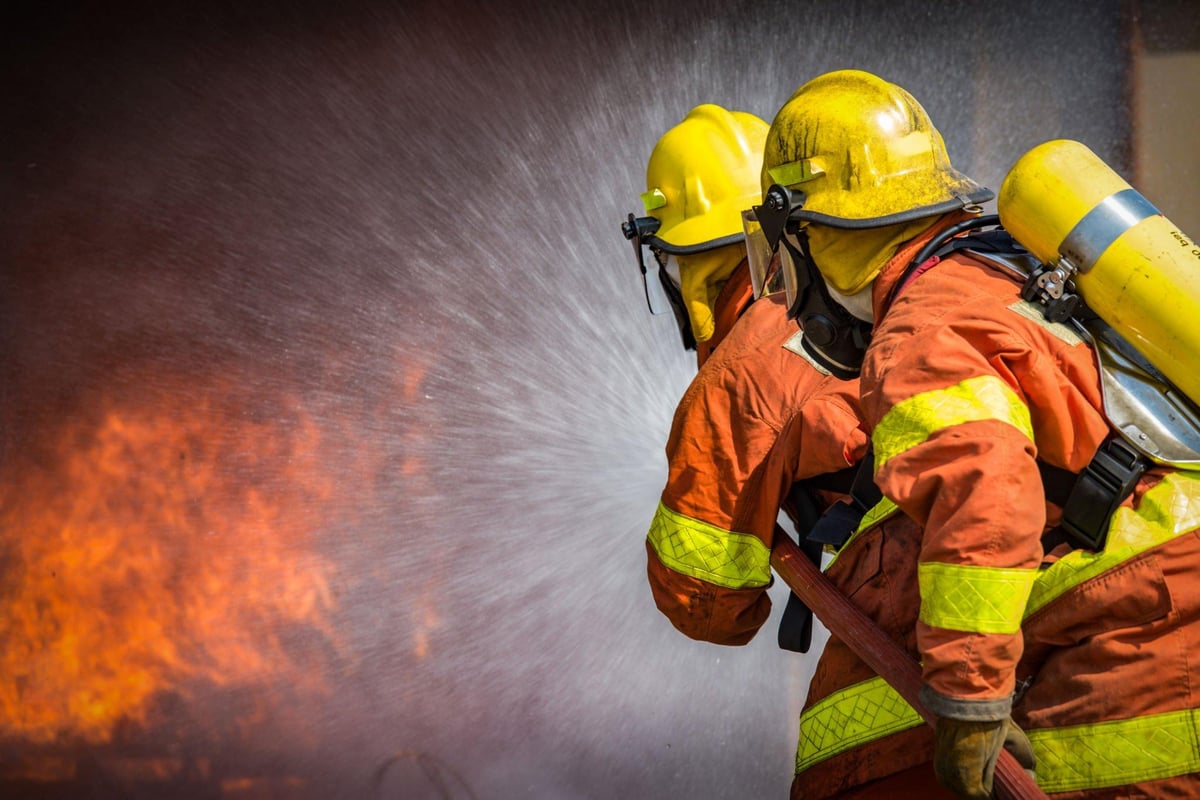Is Firefighter a Good Job? Pros and Cons

Firefighting is a challenging and rewarding career that requires bravery, physical strength, and a desire to serve the community. If you're considering becoming a firefighter, it's important to weigh the pros and cons before making a decision. In this blog post, we will explore the pros and cons of being a firefighter, the essential skills and qualifications needed, the career outlook, and factors to consider before pursuing this career.
Career Outlook for Firefighter
The career outlook for firefighters is positive, with a projected growth of 6% from 2019 to 2029. As communities continue to grow, the demand for firefighters will increase. However, competition for firefighter positions can be fierce, so it's important to be well-prepared and stand out from other applicants.
Factors to Consider before Deciding on a Career as a Firefighter
Before deciding to pursue a career as a firefighter, it's essential to consider the following factors:
-
Physical and mental readiness: Firefighting is physically demanding and can be emotionally challenging. Ensure that you are prepared for the physical rigors and potential psychological toll of the job.
-
Lifestyle adjustments: The irregular working hours and shift work associated with firefighting can be demanding and may require adjustments to your lifestyle and personal relationships.
-
Long-term career goals: Consider your long-term career goals and how firefighting aligns with them. Firefighting can provide a fulfilling and rewarding career, but it's important to assess whether it meets your aspirations and ambitions.
-
Training and education: Research the training programs and educational requirements needed to become a firefighter. Dreambound, the largest platform for students to find vocational training programs, such as allied health or industrial trades, can help you find the perfect class to kickstart your career as a firefighter.
Final Thoughts
Becoming a firefighter is a noble and challenging career choice. It offers the opportunity to make a meaningful impact on the lives of others and serve the community. However, it's important to carefully consider the pros and cons, as well as the essential skills and qualifications required. Dreambound can assist you in finding the right training program to embark on your journey as a firefighter. Remember to stay dedicated, physically fit, and mentally prepared, and you'll be on your way to a fulfilling career as a firefighter.
Dreambound has an extensive collection of guides that dive deep into how to get started in the field, tailored for various states. For more detailed information, we recommend exploring our other guides.
- How to Become a Firefighter in Iowa
- How to Become a Firefighter in Maryland
- How to Become a Firefighter in New York
- How to Become a Firefighter in West Virginia
Pondering a shift in your career path or exploring different professional avenues? Dreambound has created detailed guides to support you in making informed decisions:

Blessed Joy Amarga is part of the Growth and Sales teams at Dreambound. She helps bring in new leads, increasing the number of people at the top of the sales funnel, and supporting the team in creating graphics to boost social media engagement. Blessed is also a Licensed Architect. Outside work, she enjoys traveling and exploring new places for her vlog.




